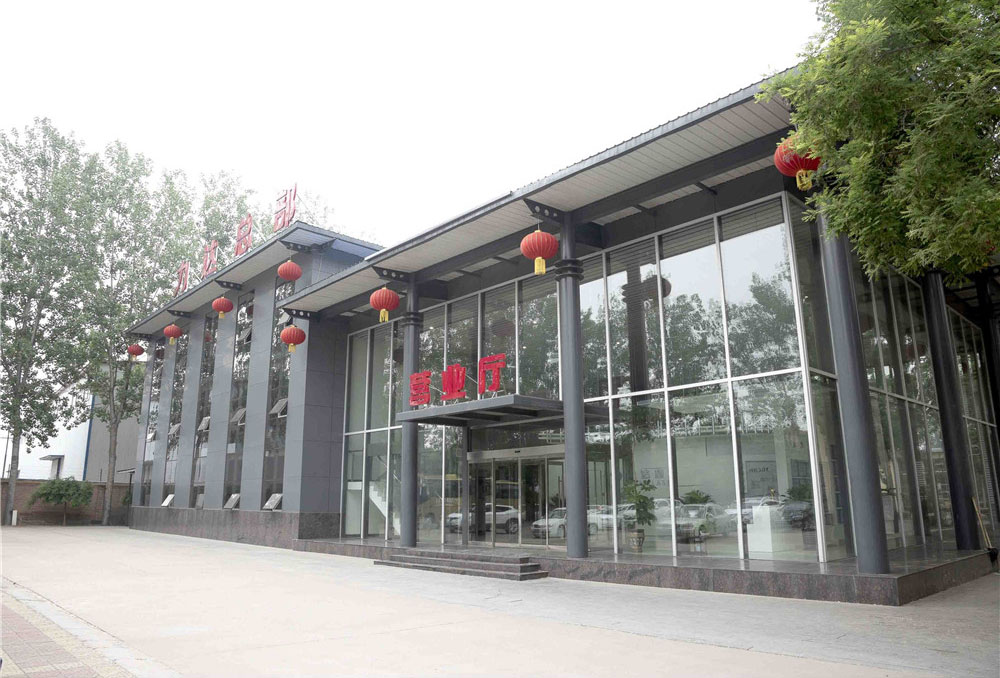Oct . 30, 2024 21:25 Back to list
hdpe irrigation pipe fittings
The Importance of HDPE Irrigation Pipe Fittings
High-Density Polyethylene (HDPE) has emerged as a leading material in the agricultural sector, particularly for irrigation systems. HDPE irrigation pipes are renowned for their durability, flexibility, and resistance to chemical and environmental stressors. However, the effectiveness of these systems hinges significantly on the quality and compatibility of the fittings used.
The Importance of HDPE Irrigation Pipe Fittings
One of the key advantages of HDPE fittings is their resistance to corrosion. Unlike metal fittings that may rust or degrade over time when exposed to water and soil conditions, HDPE remains impervious to these factors. This longevity translates to lower maintenance costs and a reduced need for frequent replacements, making it an economical choice for farmers and irrigation specialists.
hdpe irrigation pipe fittings

Moreover, HDPE fittings can handle a wide range of temperatures and pressures, which is essential for maintaining efficient water flow in varying climatic conditions. Their ability to expand and contract with temperature changes helps prevent cracking and failure, thus ensuring a reliable irrigation system that can withstand the elements.
Installation is another area where HDPE fittings shine. They can be easily joined using electrofusion or butt welding techniques, providing a strong and leak-proof connection. This ease of installation not only saves time but also minimizes labor costs, making HDPE systems more attractive for large-scale agricultural operations.
Sustainability is a significant concern in today’s agricultural practices. HDPE is a recyclable material, which aligns with the growing movement towards environmentally friendly farming. By choosing HDPE and its fittings, farmers can contribute to reducing plastic waste while benefiting from a robust irrigation system.
In conclusion, the selection of HDPE irrigation pipe fittings is paramount to creating effective and efficient irrigation systems. With their resistance to corrosion, ability to withstand varying pressures and temperatures, ease of installation, and sustainability, HDPE fittings offer an ideal solution for modern irrigation needs. As agriculture becomes increasingly reliant on efficient water management, embracing these advanced materials will be crucial for enhancing productivity and sustainability in the industry.
-
PVC Transparent Sheet Roll - Durable & Flexible PVC Plastic Sheet Roll for Industrial & Home Use
NewsJun.24,2025
-
High-Quality PVC PPR Pipes and Fittings Durable ERA PPR Solutions
NewsJun.10,2025
-
High-Quality Large HDPE Sheets & Large Diameter PVC Pipe Durable Large PVC Pipe Supplier
NewsJun.10,2025
-
High Density Polyethylene Cutting Board - Durable & Food Safe
NewsJun.09,2025
-
3 Inch PVC Pipe for Durable Irrigation Affordable & Reliable
NewsJun.09,2025
-
Premium PPR Plastic Water Pipe Fittings - Durable & Leak-Free
NewsJun.09,2025

